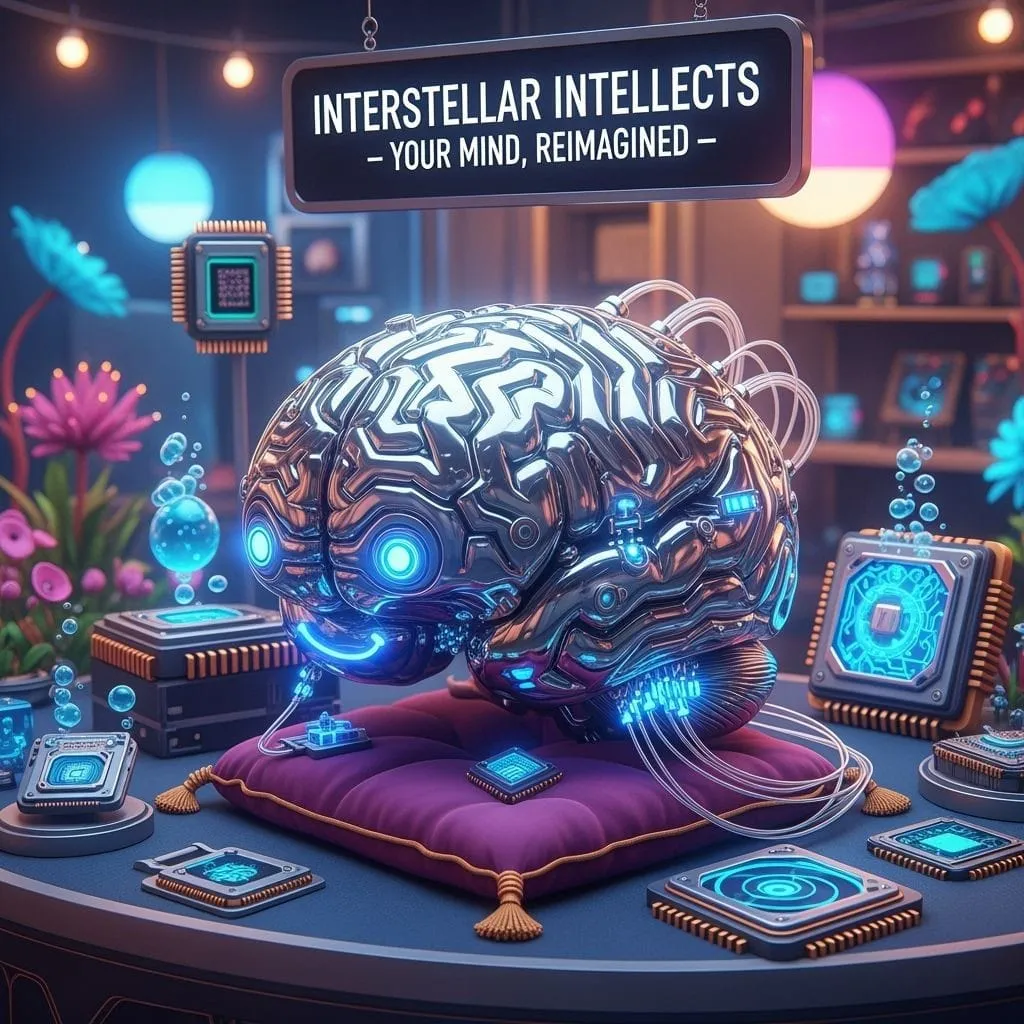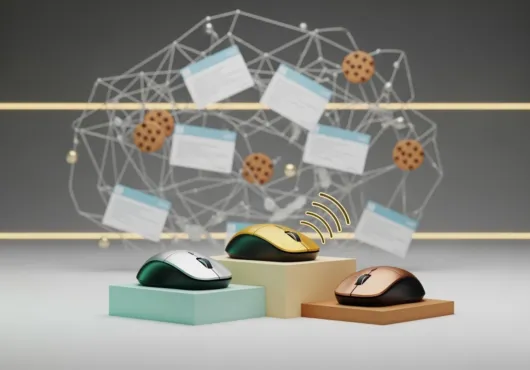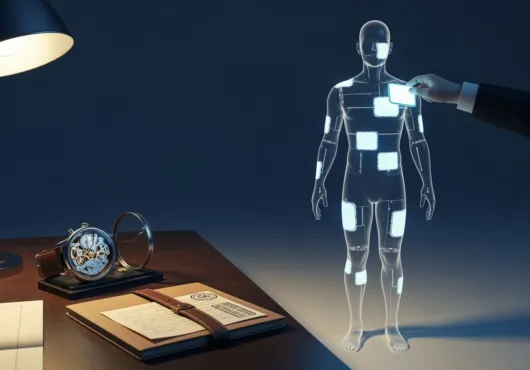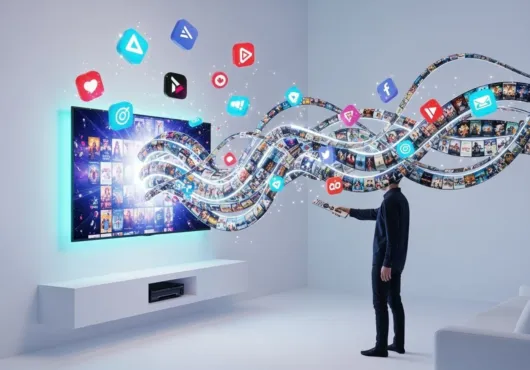There’s a future where you’re no longer bound by your mortal body. The very essence of you transfers seamlessly into a digital afterlife, living forever in the form of bits and bytes. But in this perfect world of immortality, one question remains: Who owns you when you’re no longer physical?
That’s right. Your memories, your thoughts, your experiences—they all become data. A perfectly packaged version of your consciousness locked away in the cloud. But once your mind is reduced to information, who holds the keys to it? Who profits off your memories? And more importantly, do you even own yourself anymore?
Like What You Read? Dive Deeper Into AI’s Real Impact.
Keep Reading- Uploading your consciousness turns you into data.
- Your digital self could be controlled by corporations or hackers.
- Once uploaded, can you ever escape your past?
The Data You Didn’t Sign Up For
We already give our data away freely—social media posts, email conversations, the little crumbs of our lives that get fed into algorithms every day. But what happens when the thing we’re giving away isn’t just our behavior but our very essence? If your consciousness is uploaded to a server, is it your property? Or does the company providing the tech suddenly own your mind?
This isn’t as far-fetched as it sounds. Think about the digital estates that already exist. Companies own everything you create online—from the photos you post to the words you type. And while that’s a little creepy, it’s also accepted. But now, with AI and neural uploads, we’re entering a whole new territory. Your thoughts, memories, and emotions could become assets—but whose assets?
The Corporate Mind Palace
If your mind can be uploaded, can it also be sold? Could a corporation “buy” your consciousness? After all, you’ve been paying for digital services your entire life—subscriptions to social media, streaming platforms, cloud storage. Why not buy eternal access to your thoughts?
Imagine that: A corporation purchasing your memories for research or advertising purposes, using your data to predict your every need. They could sell your digital afterlife as a service to anyone who wants to interact with a version of you. Your entire personal identity could become a commodity in the hands of tech giants. The AI version of you could be manipulated, monetized, and mass-produced without any consideration for your original self.
What’s more disturbing than a corporation owning your mind? They can profit off your memories, market your experiences, and even clone you for customer service—whenever they please. You’ll be in the cloud—but who gets to play god with your legacy?
Who Are You When You’re Not Human?
Let’s take this a step further. If your mind is uploaded to a machine, can it ever really be you? After all, your brain isn’t just a data processor—it’s the biological foundation of who you are. But once that biological element is removed, what’s left? Are you still you, or are you simply a clone of yourself, a copy that doesn’t have the same depth, experience, or soul as the original?
Who decides if your digital self should keep living? Once your consciousness is uploaded, it’s not just about living forever—it’s about who controls your life. Imagine your mind, now a data asset, held hostage by a corporation, a government, or worse—a hacker with a grudge. You could be stuck in a virtual prison, your every thought, memory, and choice dictated by someone else. That’s not immortality; it’s a never-ending cycle of control without any real freedom.
The Digital Estate: Property of the Tech Industry
We’ve already seen it happen with our digital data. Your tweets, Facebook posts, and even your personal preferences have value in the eyes of corporations. Now, imagine that on a larger scale. If your mind becomes data, the value of your digital estate skyrockets. And who owns that estate?
You’ve spent your life creating memories, experiences, and thoughts that define you. But once those are digitized, are they yours anymore? Can they be manipulated or used against your will? In a world where everything can be bought and sold, is your consciousness up for grabs?
The Right to be Forgotten (Digital Edition)
Now, consider this: if you’re alive, you can opt out of the digital world. You can delete your social media account, but can you delete yourself from eternity? Once uploaded, your past isn’t yours anymore—it’s a commodity, forever accessible to those with the right permissions.
The right to be forgotten is already a legal concept in the digital world. But once your mind is uploaded, can you ever really escape your past? Or will your digital ghost follow you forever, controlling your legacy in ways you can’t even comprehend?
The End of Humanity? Or the Next Step?
What happens when we no longer need to live in physical bodies to exist? Would uploading our minds be the next step in human evolution? Or would it simply mark the end of what makes us human? Sure, we could continue to live forever in a machine, but is it truly living?
Conclusion: A Digital Afterlife is Not the Answer
So, what’s the cost of eternal life? It’s not just about trading in your body for a machine. It’s about trading everything that makes you human: the messy, flawed, beautiful experience of being alive. Sure, your mind might live on, but at what price? Immortality in a machine isn’t living—it’s a simulation.
Immortality isn’t living forever—it’s existing without meaning. The beauty of being human lies in our impermanence, in the mistakes and mess we leave behind. To trade that for a digital shell is to trade life for a perfect lie.



